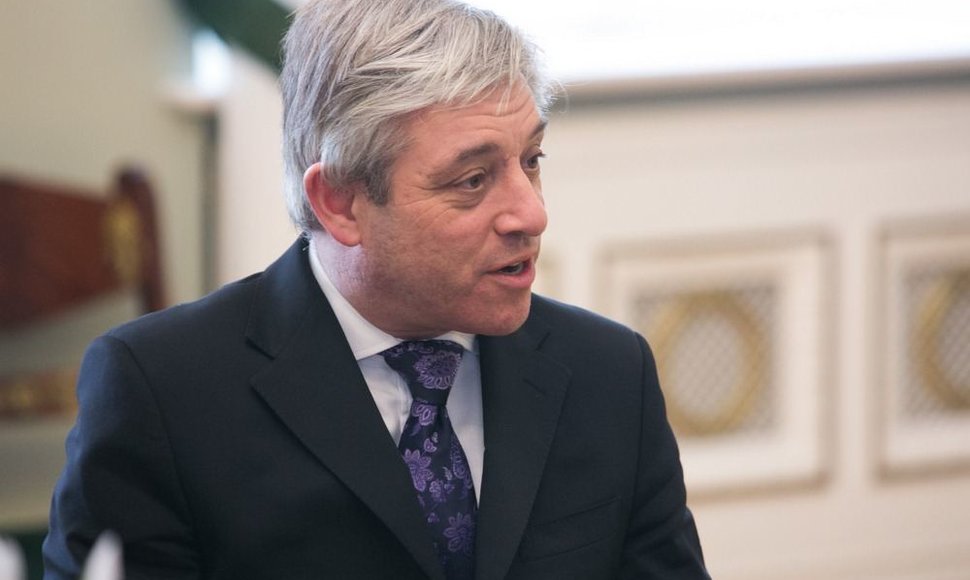"I think that the idea that we will march through the exit door is extremely unlikely," the British politician told students at the Institute of International Relations and Political Science at Vilnius University.
"We will remain in, we will argue, there will be disagreements, there will be compromises but we will be part of the European Union," Bercow said.
In his words, despite euroskepticism, should a referendum take place, the majority of people "would still rather be in than out."
In January, British Conservative Prime Minister David Cameron said his party would run for the next parliament in 2015 with the promise to renegotiate London's EU membership. The prime minister also said an "in or out" referendum would be held by 2017 following membership renegotiation, if he was reelected.
Given an in-out referendum on EU membership tomorrow, 50 per cent would vote “out” against 33 per cent “in” and 17 per cent would not vote either way, according to a poll by Harris Interactive for the Financial Times.
Nevertheless, Bercow believes people would not vote for the withdrawal.
"They may grumble, they may criticize, they may argue for change but will they want to go marching through exit door? I do not believe they will," he said.


















